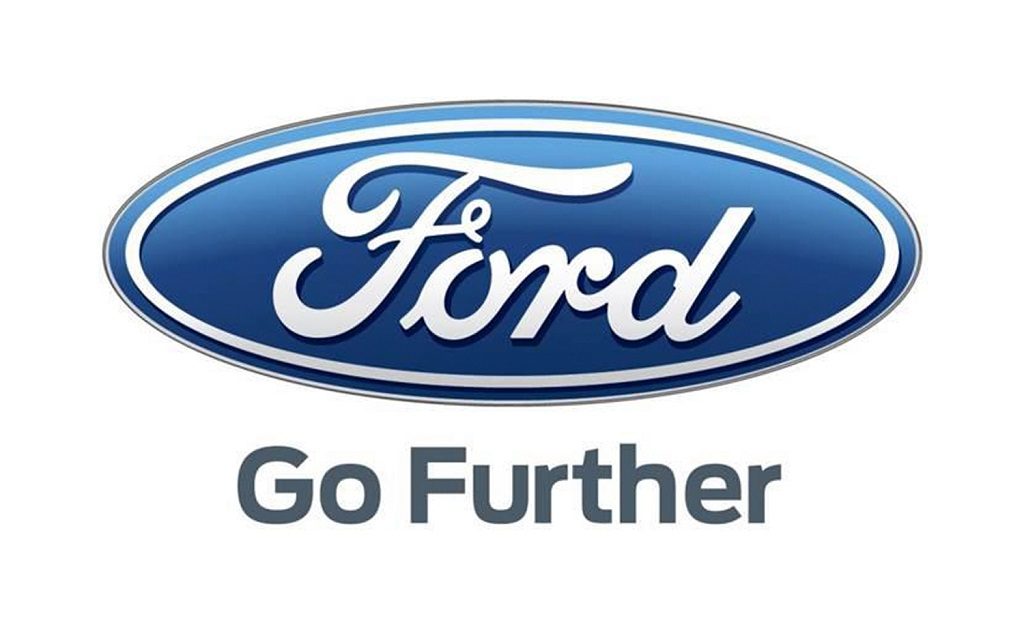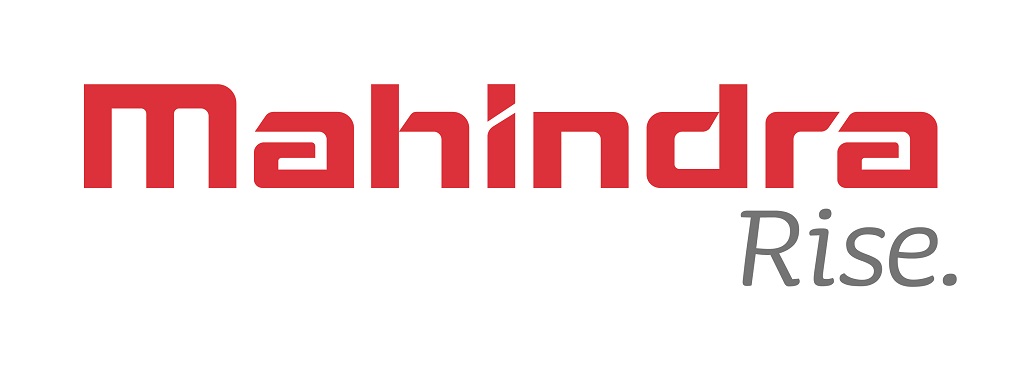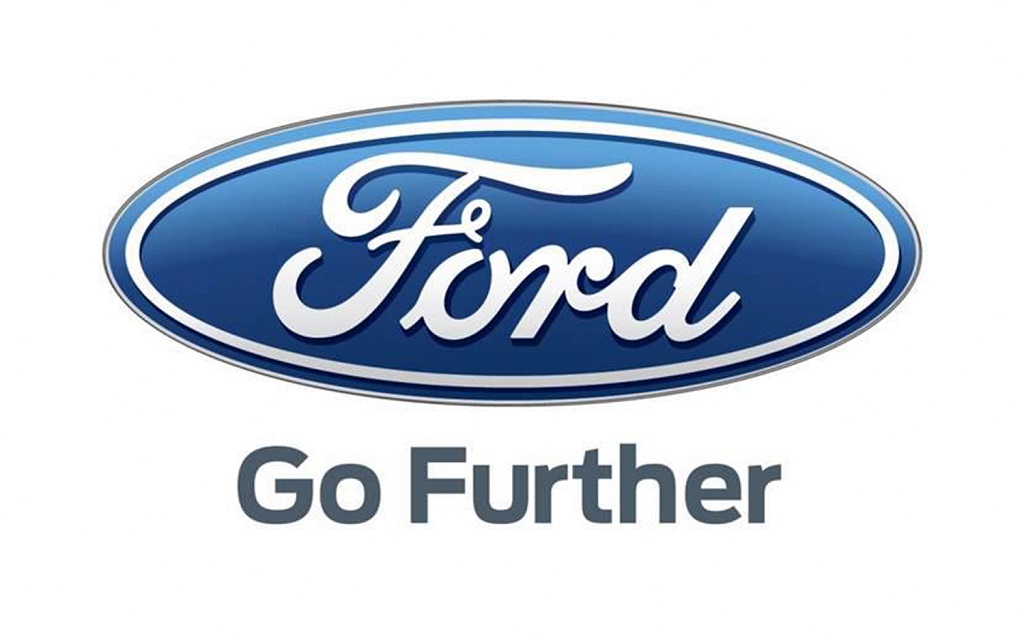
- Ninth annual Looking Further with Ford Trends Report explores how consumers are adapting to life during a pandemic. While 69% of adults globally say they feel overwhelmed by the changes taking place in the world, when asked how well they have adapted to the changes during the pandemic, 47% say it has been “easier than I imagined.”
- The report highlights the coping mechanisms and resilience that are on display worldwide. Global survey across 14 countries reveals how families and individuals are rewriting the rules – in the workplace, in their family life and in their social connections, as well as in their consumption of goods and services.
- Ford focuses on global trends each year to gain insight into how consumers are changing, what the business needs to understand about shifting consumer behaviors and what comes next in terms of connecting with them; report reflects on past trends as a measure of how far we’ve come and where we hope to go.
DEARBORN, Mich., Dec. 14, 2020: 2020 has been a year no one saw coming. COVID-19 has wrought economic, political and emotional chaos, testing the limits of individuals, families, healthcare systems and whole sectors of societies. Yet as the ninth annual Looking Further with Ford Trends Report* highlights, the global pandemic also reveals just how resilient people can be in finding ways to cope and adapt.
“As we barrel into 2021 and look forward to a post-pandemic world, it’s clear that the changes brought about by COVID-19 have changed us – but to what degree?” said Sheryl Connelly, global consumer trends and futuring manager for Ford Motor Company.
“Ford and other companies are keenly interested to know what changes will stick long after COVID is in our rearview mirror. And while no one can predict the future, that doesn’t mean we can’t prepare for it,” said Connelly.
In a global survey of 14 countries, 69 percent of respondents say they are overwhelmed by the changes they see taking place in the world. When asked how well they have adapted to the changes during the pandemic, 53 percent say adapting has been “harder than I imagined,” while 47 percent say it has been “easier than I imagined.” Younger generations have taken it harder than their older peers: 63 percent of Gen Zers say adapting has been harder than they imagined, vs. 42 percent of Boomers who say the same.
The 2021 Ford Trends Report examines these changing patterns in consumer behavior and attitudes around the globe to help decision makers understand how these shifts may influence our world in 2021 and beyond. Other trends highlighted in the report include:
- Pressure Points: Worldwide, anxiety is high — fueled by fears of contracting COVID-19 and concerns about the pandemic’s impact on communities, employment, education and more. 63 percent of adults globally say they feel more stressed than they did a year ago, and 4 in 5 say they should take better care of their emotional wellbeing. Acutely aware of the implications of the pandemic on mental health, people are finding innovative ways to cope and connect.
- Time to Escape: “What day is it?” has become a common refrain as the demarcations between work and life disappear. To beat back the monotony of the pandemic and the confines of home, consumers are looking for new ways to escape – and many are seeking refuge in their vehicles. More than 1 in 4 adults globally who own a vehicle say they use their vehicle to relax. Close to 1 in 5 say they use their vehicle to find privacy. And 17% say they use it as a place to work.
- The Company You Keep: The pandemic has put a spotlight on consumer’s need for companionship and reshaped their sense of family. Loneliness is pervasive across the globe—one in two people say they feel lonely on a regular basis. Younger generations feel this most acutely: Gen Zers are nearly 2x as likely to say they feel lonely on a regular basis as Boomers (64 percent vs 34 percent). As a result, many are reconsidering where they live, moving closer to family, and finding companionship in new ways – online and off.
- Minding the Gap: Worldwide, gaps in inequality and inequity loom large – particularly as the pandemic has had a disproportionate impact on low-income communities, ethnic minorities and women. As consumers become more aware of the divide, brands are stepping up as activists and entrepreneurs. 76 percent of adults globally say they expect brands to take a stand on social issues – and 75 percent say they think brands today are trying to do the right thing.
- Good Buy: Amid the pandemic, how we buy – and what we seek to buy – has transformed. Companies big and small are adapting at blazing speed – and many consumers are embracing and enjoying the new normal. 75 percent of adults globally say they appreciate the ways in which companies have improved the shopping experience since the pandemic began – and 41 percent say they don’t want to go back to the way they shopped before the pandemic.
- Traffic Detour: The pandemic may have you feeling stuck, but we are not at a standstill – personal transportation is flourishing. Bike sales have soared and cities have shut down streets to make space for cyclists. Car sales have boomed as people seek security in knowing they can control their environment. And smart city planning is accelerating the way for fully implemented autonomous driving. 67 percent of adults globally say they are “hopeful about the future of autonomous vehicles,” and 68 percent of parents say they’d rather see their children ride in a self-driving car than with a stranger.
- Sustaining Sustainability: In the early days of the pandemic, air quality emerged as a possible silver lining to the worldwide lockdown, but that optimism quickly diminished as the world retreated to plastics and other disposables – making it clear that being sustainable and staying sustainable are not always in lockstep. Younger generations are particularly concerned: 46 percent of Gen-Z-ers globally say the pandemic has made us more wasteful – and 47 percent say that long-term, the pandemic will have a negative impact on the environment.
For the full Looking Further with Ford 2021Trends Report, please visit www.fordtrends.com.


